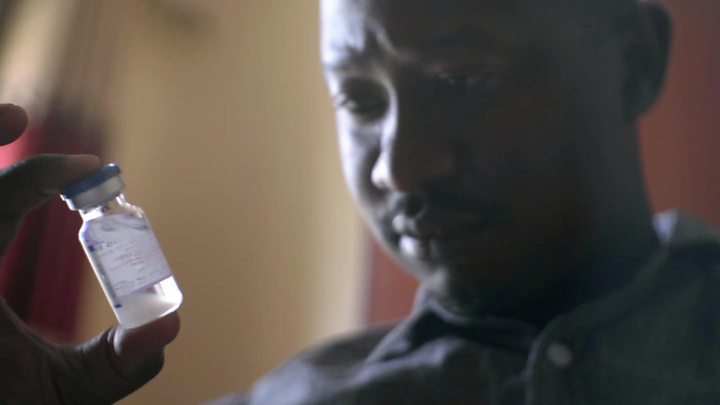
BY BBC
African countries with small to medium-sized economies pay far more money for less effective drugs, a leading health expert has told BBC Newsday.
In countries such as Zambia, Senegal and Tunisia, everyday drugs like paracetamol can cost up to 30 times more than in the UK and USA.
Drug markets in poorer countries “just don’t work”, said Kalipso Chalkidou from the Centre for Global Development.
She said “competition is broken” due to a “concentrated supply chain”.
Ms Chalkidou, director of global health policy at the organisation, co-authored a report on drug procurement that concluded that small to middling economy countries buy a smaller range of medicines, leading to weaker competition, regulation and quality.
It says richer countries, thanks to public money and strong processes for buying drugs, are able to procure cheaper medicines.
Poorer countries, however, tend to buy the most expensive medicines, rather than cheaper unbranded pharmaceuticals which make up 85% of the market in the UK and US.
- Chamisa under fire over US$120K donation
- Mavhunga puts DeMbare into Chibuku quarterfinals
- Pension funds bet on Cabora Bassa oilfields
- Councils defy govt fire tender directive
Keep Reading
The very poorest countries are not affected when foreign donors purchase medicine on their behalf, meaning their over-the-counter medicines remain at low cost.
“In the middle it’s very problematic,” Ms Chalkidou said.
Low- to middle-income countries “have little ability to negotiate prices down and quality assure products” and there are lots of mark-ups, often due to taxes and corruption.
She said less stringent regulation meant the quality of the drugs was also not as high.
“Without regulation, people perceive the products don’t work, so pay extra money for things they think will work and won’t work either,” Ms Chalkidou explained.
The report recommends greater global co-operation and reforming World Health Organisation policy as well as policy in targeted countries to improve procurement practices.











